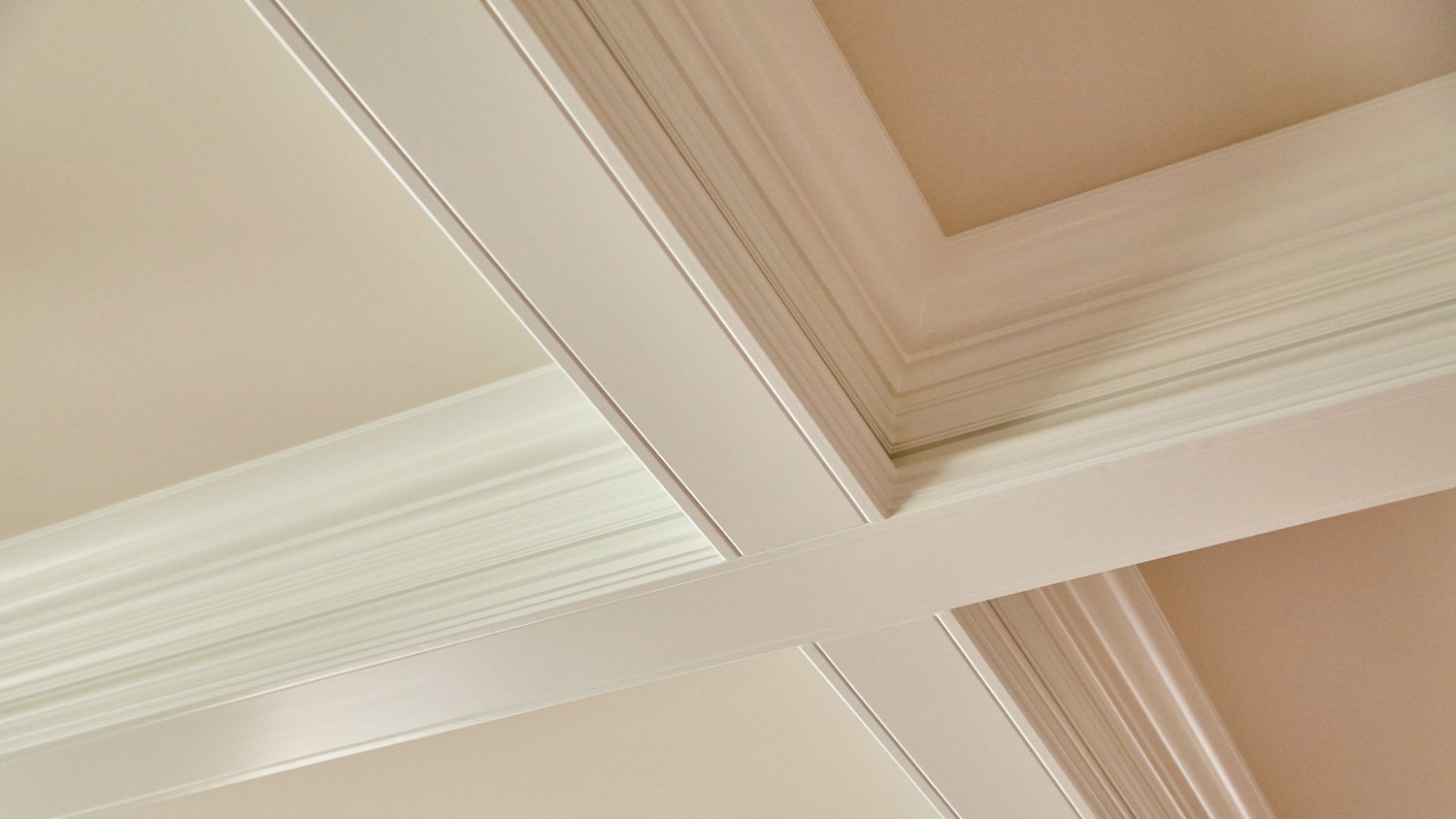
Curious how much general contractors charge per hour? Discover hourly rates, key cost factors, and tips to save on your next home project.
You’ve got six months before you’re building on borrowed time


If you’re planning a project that requires permission from your local building department, you might be wondering how long a building permit lasts. And if you’re nearing the permit expiration date, you may be wondering what to do when your permit expires. The answer depends on a few factors, but we’ll explore everything you need to know to ensure your project remains legal.
In most cases, a building permit is good for six months until you start your project, and then you have one to two years to complete the project before the permit expires. These timelines can vary based on a few different factors, though, so make sure you know what influences your building permit timeline before moving forward with pulling permits and scheduling construction.
There are three main things that can influence how long your building permit lasts: the regulations in your area, whether or not you’ve started construction, and the project scope.
The biggest factor affecting how long a building permit lasts is often your local building department. Each municipality sets its own rules and regulations, and building departments will grant timelines based on their own laws. Most permits are good for at least six months, which means you have that time to start or complete your project, depending on the following two factors.
In most cases, building permits allow for a period of six months to pass before they expire, but if you confirm that work is underway, your building department will likely push the expiration date out to one to two years.
If you pull a permit and don’t confirm that the project is underway, it will often expire in just six months. If you pull a permit and confirm that work has started within that six-month timeframe, you could see the expiration date pushed out for between half and one-and-a-half years.
Some building departments will issue different permit timelines based on the project. For example, your local municipality may grant a permit that’s good for six months for smaller projects, like minor changes to your plumbing or electrical system, but you might get one to two years for new construction permits, as building a new home takes far longer than making minor changes to an existing one.
If you’re instead dealing with a zoning permit, the permit commonly lasts indefinitely until you actively try to change the zoning again, but some municipalities still only issue these permits for six months to two years.

If your building permit is about to expire but you still plan on carrying out the work, you can often have your local general contractor file for an extension. Depending on your building department, you may have to pay a fee of up to around 50% of the original building permit cost to do this. Some building departments won’t extend a permit and will instead just require that you pull a new permit at the full cost.
If your permit has already expired, your only option in most cases is to pull a new permit, which means paying the full price for the permit again.
From average costs to expert advice, get all the answers you need to get your job done.

Curious how much general contractors charge per hour? Discover hourly rates, key cost factors, and tips to save on your next home project.

Brick walls can add character and elegance to interior and exterior spaces. Use this brick wall cost guide to see the price range for adding one to your home.

Recessed living rooms used to be popular but have fallen out of favor. This guide discusses the cost to raise a sunken living room to modernize your home.

Not sure what the difference is between coffered and tray ceilings? Learn the key distinctions in design, cost, and benefits to decide which ceiling style is best for your home.

Pneumatic vacuum elevators can boost your home’s accessibility and value. Use this guide to learn how much yours will cost based on factors like features and size.

Common types of ceiling tiles include metal, plastic, and mineral fiber. Explore ceiling tile materials and their strengths and weaknesses in this guide.